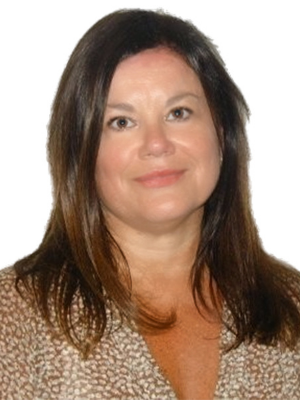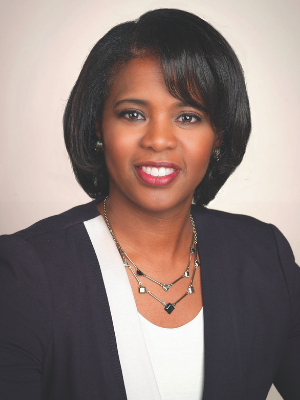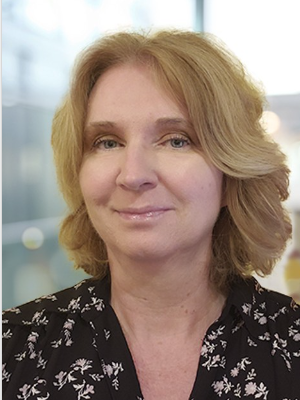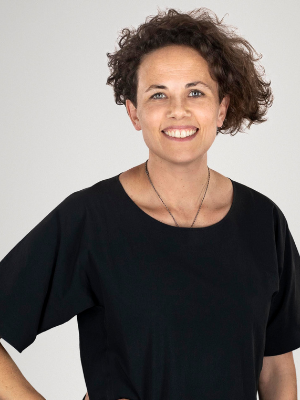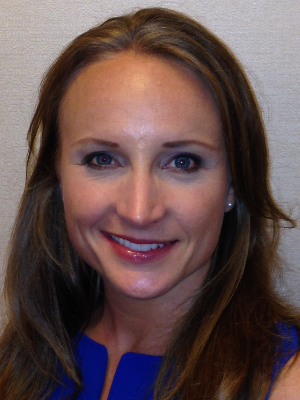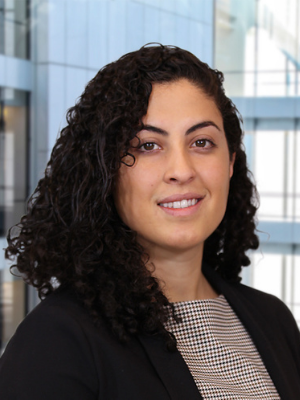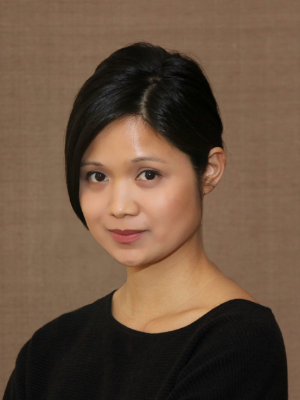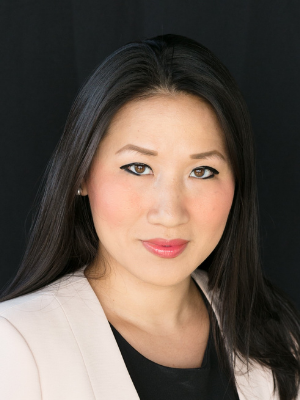 “Law professionals are not selling widgets. We’re selling thoughts. We’re selling our expertise. We’re selling relationships,” advises Grace Jamgochian. “So remembering the human nature of our business is so integral to what we do.”
“Law professionals are not selling widgets. We’re selling thoughts. We’re selling our expertise. We’re selling relationships,” advises Grace Jamgochian. “So remembering the human nature of our business is so integral to what we do.”
Jamgochian speaks to why M&A is animating every single day, the pay-off of being goal-oriented and why it’s important to treat law as a service-oriented business.
Loving the Hub Responsibility of M&A
As a full-service Mergers & Acquisitions (M&A) partner at Shearman & Sterling LLP (Shearman), Jamgochian works across a broad general corporate practice — from public M&A, to private M&A, to private equity — gravitating towards the areas of tech, media, and telecom, infrastructure, and consumer products.
“M&A is a quasi-business and business strategy function. We advise our clients on more than just the technical aspects of the law. We partner with them to achieve their objectives, and we work closely with our internal specialists to make sure all bases are covered,” says Jamgochian. “As an M&A lawyer, you’re responsible for managing, coordinating and completing the entire deal. I love M&A because that responsibility fits well with my personality and drives me.”
Jamgochian thrives on the pace, breadth, variety and overview that M&A demands of her at Shearman.
“Every day is different. I have a general sense of my to-do list but M&A is often a series of fire drills,” she says, “Being on my toes is the type of practice that I’ve always wanted, and that’s why I’ve continued in M&A for more than a decade.”
Jamgochian also enjoys the teamwork needed for M&A transactions. “M&A is the central hub for a deal. My group handles the “corporate” pieces but we also collect the input of specialists such as in IP, Tax, Compensation, Real Estate, and Regulatory. I view a transaction agreement like a complex puzzle, and each person contributes a few pieces into the big puzzle that I’m ultimately 100% responsible for,” she says.
Jamgochian credits a year-ish long stint as an in-house attorney at Thomson Reuters, right after graduating from Cornell Law School, with immersing her into the business perspective of law from the very beginning.
“While others used the Shearman associate deferral year in 2010 for non-professional pursuits, I chose to work at a client handling M&A and securities matters so that I could get my feet wet right out of the gate. Having this opportunity set me up to be a practical, business-minded and solution-oriented attorney from the start,” Jamgochian reflects. “A deal needs business-minded lawyers. It can’t just be working in theory. You need to assess and advise on the risks, but you also need a good dose of reality and know what market practice is.”
Being Goal-Oriented As Her Key to Success
Though Jamgochian is newly elected to the Shearman partnership this year, it’s been in her sights since she first began her law career. Her journey to partner felt both intentional and linear.
“Always give yourself options. From Day 1, I tried to put myself in a position to be partner down the road, even if I couldn’t predict the future and would have been open to other paths. I volunteered for basically everything, from deals to extracurricular responsibilities like involvement in inclusion networks and bar associations. If you want to be a partner, you don’t wake up one day and suddenly have the skills. You should start thinking about business development early on and what technical and “soft” skills you’ll need to develop,” says Jamgochian.
She says her colleagues would most likely also remark on her efficiency, organization and ability to carry through a goal to completion.
“I’m a goal-oriented person. If we all have an idea in mind of what we think should be the finish line, let’s get there and let’s be efficient about it,” says Jamgochian. “In order to do that, you need to be organized, create processes, reduce any inefficiencies of people not knowing what their role is and communicate clearly. That’s me in a nutshell.”
When it comes to her next level goal, Jamgochian would love to continue to develop herself as an M&A lawyer to rank among the top of her field.
Law is Foremost About People
Early on, it was imparted on Jamgochian that law is a service-oriented industry in which the business is “people” and “our minds”.
“We’re getting paid to think. It’s about essentially our brains and our relationships: these intangibles. So the thing that lawyers need to focus on and remember throughout our careers is our clients and to develop those relationships with clients,” says Jamgochian. “Provide them with the best legal advice, which is essentially your thoughts and expertise, but then also don’t forget that everything is people-based in law firms, whether your clients or those you work with.”
When it comes to diversity, M&A as an industry is a more white male dominated area in particular.
“I have definitely had occasions where I’m the only woman in a room of thirty people. Once you already have a male-dominated industry, then you have the lack of mentorship, you have the lack of role models and it kind of snowballs from that,” observes Jamgochian. “But I think all firms, and the industry itself, are trying to pull the reins in. Shearman is really focused on D&I efforts, plus an increasing client focus on diversity is also helping to increase the law firm diversity focus as well.”
Busy Summer and Time for Family
As it’s only a block away from home, Jamgochian has been working out of the office this year, where her workload — focusing largely on tech, media, and telecom and infrastructure — has continued to boom when she might normally see a summer slowdown.
She notes that with the change of executive administration, as well as regulatory and tax changes in the air, many people and organizations are wanting to work through deals quickly. So these days, her expertise is a commodity in fast demand.
Jamgochian’s husband is also a Big Law lawyer, and with both of them having a high-intensity lifestyle, time with their five year old son is precious. They enjoy weekend picnics in Central Park and being surrounded by family in New York City and nearby.
With a background in dance history, Jamgochian turns to movement as part of keeping her balance, which may very well help in flowing with the pace of her work. She also loves learning instruments and reading music to stay sharp – along with piano and flute, she has recently also taken up ukelele.
By: Aimee Hansen

